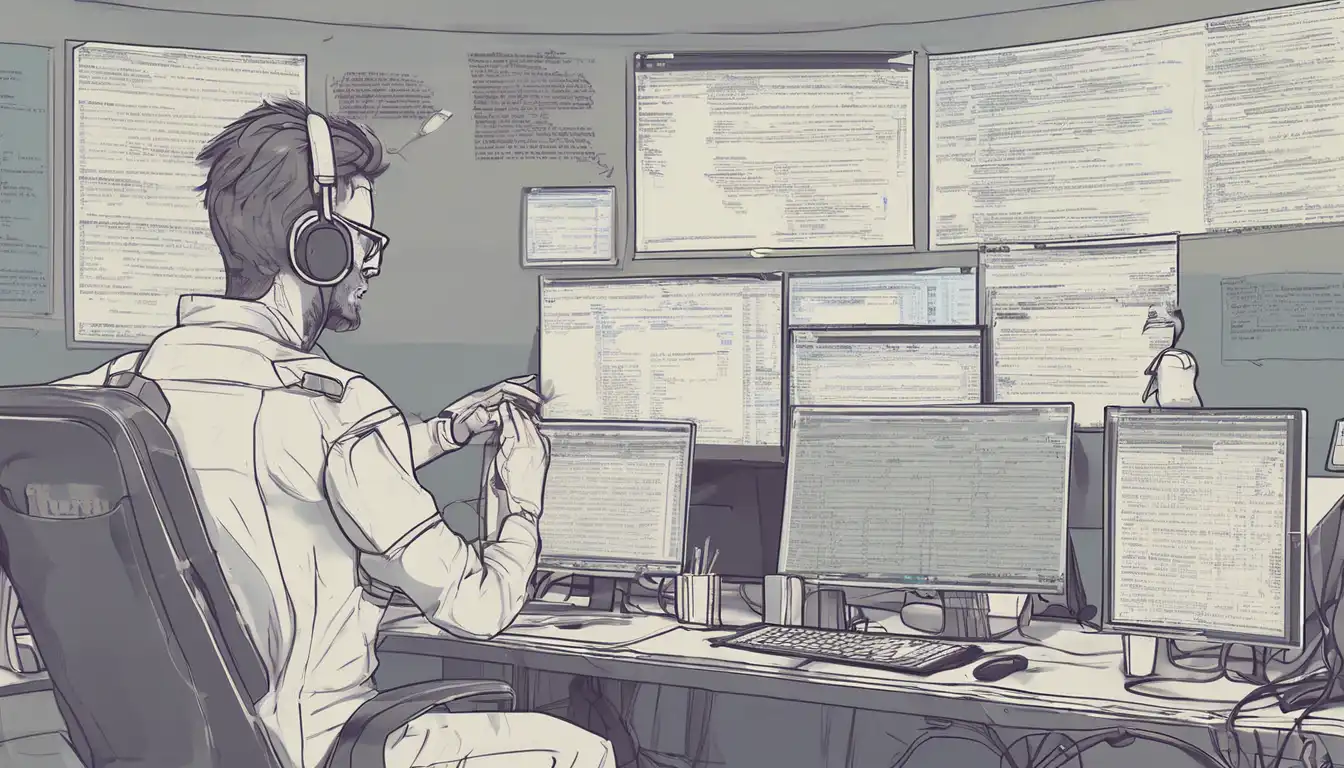Introduction to Professional Code Debugging
Debugging is an essential skill for any programmer, yet many struggle with it. This guide will walk you through the professional techniques to debug your code efficiently, saving you time and frustration.
Understanding the Debugging Process
Before diving into tools and techniques, it's crucial to understand what debugging entails. Debugging is the process of identifying and removing errors from software or hardware. It involves a systematic approach to problem-solving that can be broken down into several steps.
Essential Debugging Tools
There are numerous tools available to help you debug your code. Here are some of the most effective ones:
- Integrated Development Environments (IDEs) with built-in debuggers
- Version control systems to track changes and identify when bugs were introduced
- Logging frameworks to record the execution flow and state of your application
- Static code analysis tools to detect potential errors before runtime
Step-by-Step Debugging Techniques
Follow these steps to debug your code like a pro:
- Reproduce the Error: Consistently reproducing the error is the first step towards understanding it.
- Understand the Error Message: Error messages can provide valuable clues about what went wrong.
- Isolate the Problem: Narrow down the code section where the error occurs to focus your debugging efforts.
- Use Breakpoints: Breakpoints allow you to pause the execution of your program and inspect its state.
- Check Variable Values: Inspecting variable values at different points can help identify where things go awry.
- Fix and Test: After identifying the issue, make the necessary corrections and test your code to ensure the problem is resolved.
Advanced Debugging Strategies
For more complex issues, consider these advanced strategies:
- Binary Search Debugging: Divide your code into sections and test each one to quickly locate the error.
- Rubber Duck Debugging: Explaining your code line by line to an inanimate object can help you see the problem from a new perspective.
- Peer Review: Sometimes, a fresh pair of eyes can spot issues you've overlooked.
Common Debugging Pitfalls to Avoid
Even experienced developers can fall into these common traps:
- Assuming the Problem is Simple: Overlooking complex interactions between components can lead to misdiagnosis.
- Not Using Version Control: Without version control, it's challenging to track when and where bugs were introduced.
- Ignoring Logs: Logs can provide invaluable insights into the state of your application before the error occurred.
Conclusion
Debugging is a skill that improves with practice and patience. By employing the right tools and techniques, you can streamline your debugging process and become more efficient at resolving issues in your code. Remember, the goal is not just to fix the bug but to understand why it occurred in the first place to prevent similar issues in the future.
For more insights into programming and software development, check out our programming tips section.
